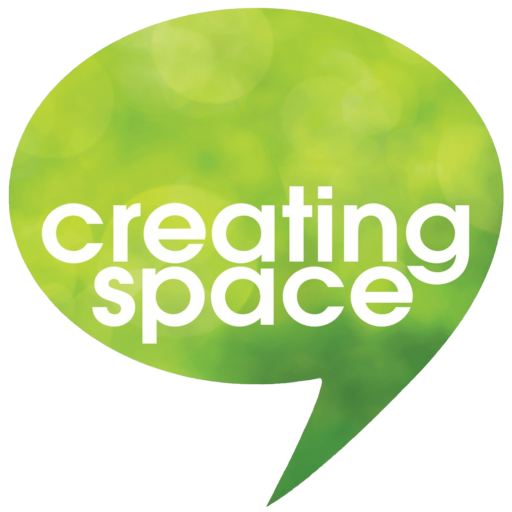
I am finding myself thinking about boundaries at the moment, and it was also the topic of last month’s De-Clutter Series. There seems to be a lot going on in my diary and head, and it is all starting to feel a bit much. So I am taking a step back and considering what adjustments I need to make.
When I want to break things down, I look for ways of simplifying my thoughts or feelings. In terms of boundaries, we can look at these from a number of different perspectives and identify different types of boundaries.
- Time boundaries: how much time do we want to give to certain activities and/or people? If we want to feel in charge of our life and have agency, we want to be very pro-active at setting boundaries around our time. It is so limited, and there are so many demands on us, so let’s guard our time carefully.
- Mental boundaries: we now live in an attention economy, meaning our attention is worth big money. Our mental processing power is a finite resource, just like the number of hours in the day, though we rarely look at it that way. Protecting our mental capacity and choosing what we want to spend our focus and attention on means setting boundaries and filtering out what we don’t want in our mental landscape right now.
- Emotional boundaries: we can easily accumulate emotional bagage if we don’t pay attention. Not only do we carry many emotions in relation to what is happening in our world at the moment, we also take on the emotions of others that we interact with. Let’s notice what our emotional landscape looks like, what our capacity is at the moment and make choices about what we can take on versus what we might choose to not engage with right now.
- Physical boundaries: these relate to the space we are in, as well as who and what is in that space. Do we want them there, or is there an adjustment that needs to be made? Do we need to take ourselves off to a different physical space for a while or a particular activity or timeframe? Where we are physically affects our way of thinking and how we feel, so let’s pay attention to the space we’re in.
You might choose other types of boundaries, the key is to pay attention to what we’re blind to. If we let stuff in without noticing it, it will accumulate and ultimately drown us unless we de-clutter some of it again. Setting boundaries will filter what we let in and protect us from the overwhelm of too much of everything.
It might feel uncomfortable at first, particularly if we’re trying to verbalize our boundaries to others. I like to talk about training our “saying-no-gracefully” muscle. The thing is, not only are there benefits to keeping out what we don’t want to carry, there are also costs to not doing it. Letting everything in all the time will result in burn-out of one form or another, and that won’t lead to anything positive.
If you want some help in identifying and setting boundaries for yourself, get in touch and let’s talk.
